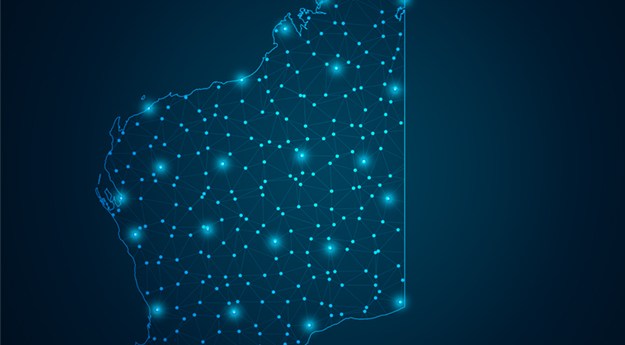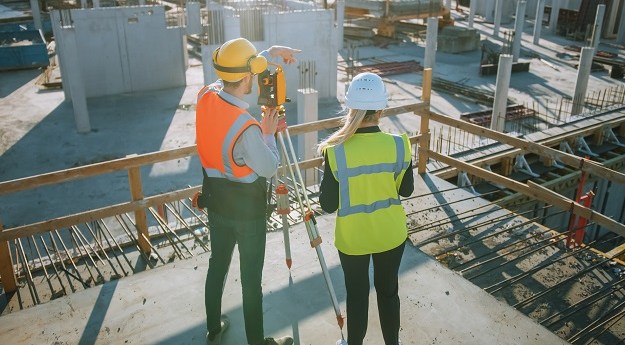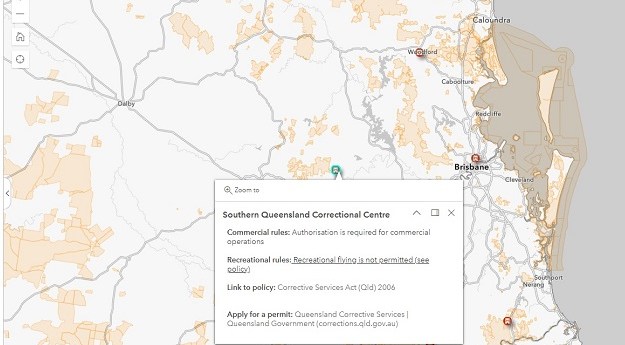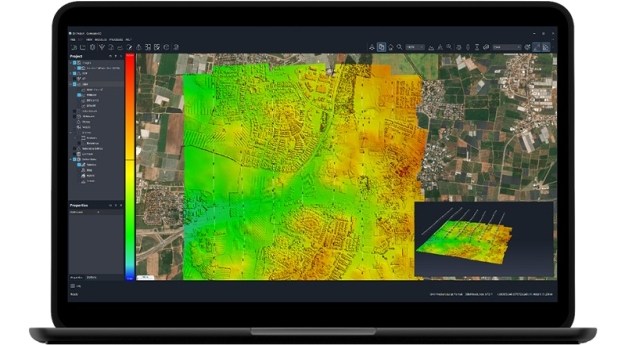The European Satellite Navigation Competition (ESNC) is underway. The annual contest provides innovators with opportunities to develop ideas for new products and services based on satellite positioning.
The prizes for the international contest include C– 1 million (about $1.4 million) in funding and start-up assistance. This year’s competition also includes six special topic prizes from partners in research and industry, including a new prize for students.
In previous years, winning ideas have included a real time tour guide service for travellers, a satellite-based method for locating multiple avalanche victims and an integrated system for remote prenatal monitoring. Another winner was a system that combines satellite positioning with wind measurements and search and rescue dogs’ sense of smell.
The grand prize – sponsored by the European Space Agency and T-Systems – includes C– 20,000 and support towards developing the winning project. It will be awarded to the best combination of dynamic earth observation data and satellite navigation. The partners will help the winning team turn their ideas into reality.
Other prizes include a 12 month grant at a European incubation centre. It will go to the contestant who provides the most promising solutions for the GPS augmentation system EGNOS, from the European GNSS Supervisory Authority.
NAVTEQ will award C– 75,000 in advertising opportunities for the best idea for innovative location-based services for mobile phones and navigation devices. The winner will also receive 12 months in an incubation program, with technical support. The Forum for Applied Satellite Navigation and Mobile IT Baden-Württemberg will award a prize for security-related solutions for the transport and logistics sector.
In this year’s competition, a new prize for students and others involved in science will be awarded to young researchers in applied areas such as automotive engineering, logistics, and healthcare. The winning team will spend 10 consulting days with a dedicated coach to perfect its business plan. It will also receive C– 8,000 in patent consulting, and tickets to the Munich Satellite Navigation Summit 2011 and the ESA International Summer School on GNSS.
The contest closes at the end of July.
The competition is designed to strengthen international collaboration, particularly in the development of applications made possible by the European satellite navigation system Galileo.
Visit www.galileo-master.eu for more information.












